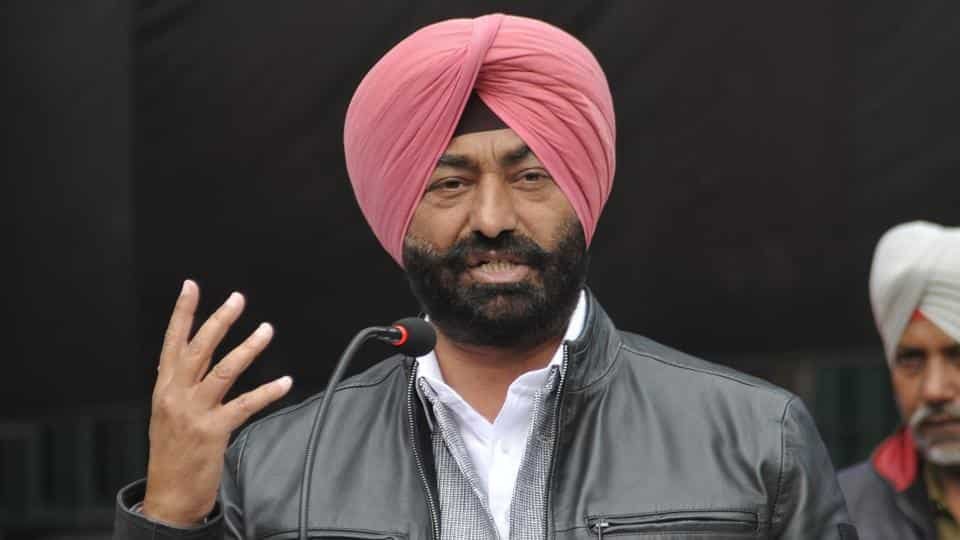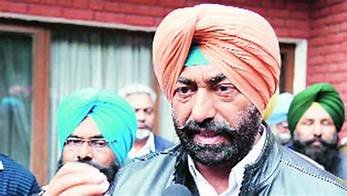New Delhi / Chandigarh, March 10: ED tells Aam Aadmi Party (AAP) leader and Punjab Ekta Party (PEP) founder Sukhpal Singh Khaira and his son-in-law Inder Veer Johal about being involved in drug money and fake passport racket. An official said the case ended on Wednesday.

“An investigation was conducted on Tuesday evening in Punjab and Chandigarh in the premises connected with Khaira,” an ED official associated with the investigation said.
A search of the premises involving his son-in-law Johal in Delhi concluded on Wednesday.
During the searches, the ED seized several electronic devices and documents related to bank transactions and companies owned by Johal.
Enforcement Directorate officials searched eight locations – one in Chandigarh, five in Punjab and two in Delhi.
Sharing the details of the case, the ED official said that the drug case was registered in Fazilka in Punjab in 2015 after the seizure of 1,800 grams of heroin, 24 gold biscuits, two weapons and some live cartridges, some Pakistani SIM cards. The case was registered by the Punjab Police and the sentence has already taken place.
The official said Khaira was involved with some of the people convicted in the drugs case and that was the reason that the Financial Investigation Agency conducted searches at its premises.
Sharing details of the fake passport racket case, the official said that Khaira is also involved in this case with the people named in the case.
When asked about the role of Khaira’s son-in-law, the official said, “He used to help his father-in-law in money laundering through his company which works in the field of Wi-Fi systems.”
At the time of the raid, Khaira was present with his lawyer son at his home in Chandigarh Sector 5. He is an MLA from Bholenath and former Leader of the Opposition.
The official said that the agency was overseeing the property transactions as well as Khaira’s banking transactions.
Khaira has denied any wrongdoing. His lawyer alleged that the raids were conducted because his clients were supporting the ongoing farmers’ movement.

